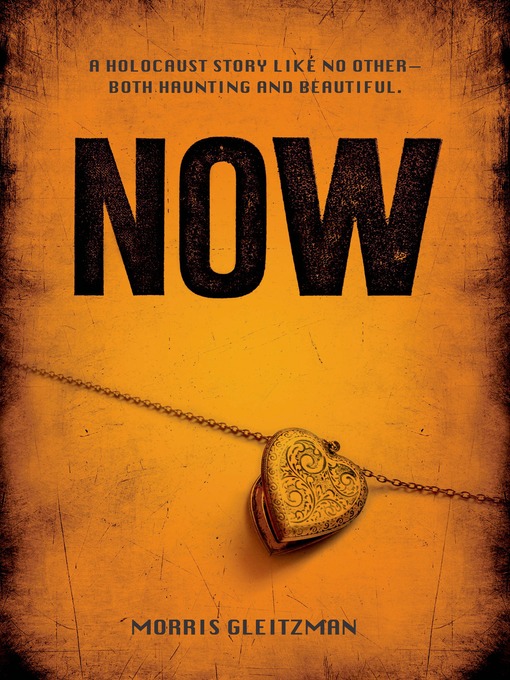Set in the current day, this is the final book in Morris Gleitzman's series that began with Once, continued with Then and is . . . Now.
Felix is a grandfather. He has achieved much in his life and is widely admired in the community. He has mostly buried the painful memories of his childhood, but they resurface when his granddaughter Zelda comes to stay with him. Together they face a cataclysmic event armed only with their with gusto and love—an event that helps them achieve salvation from the past, but also brings the possibility of destruction.
Now is one of Kirkus Reviews' Best Children's Books of 2012
- Available now
- Try something different
- NYT Bestsellers - eBook Nonfiction
- NYT Bestsellers - eBook Fiction
- New eBook additions
- New kids additions
- New teen additions
- Most popular
- Albertson Collection
- See all ebooks collections
- NYT Bestsellers - Audiobook Fiction
- NYT Bestsellers - Audiobook Nonfiction
- Available now
- New audiobook additions
- New kids additions
- New teen additions
- Most popular
- Try something different
- See all audiobooks collections
- Popular Magazines
- Revistas
- Health & Fitness
- Cars & Motorcycles
- Home & Garden
- See all magazines collections





